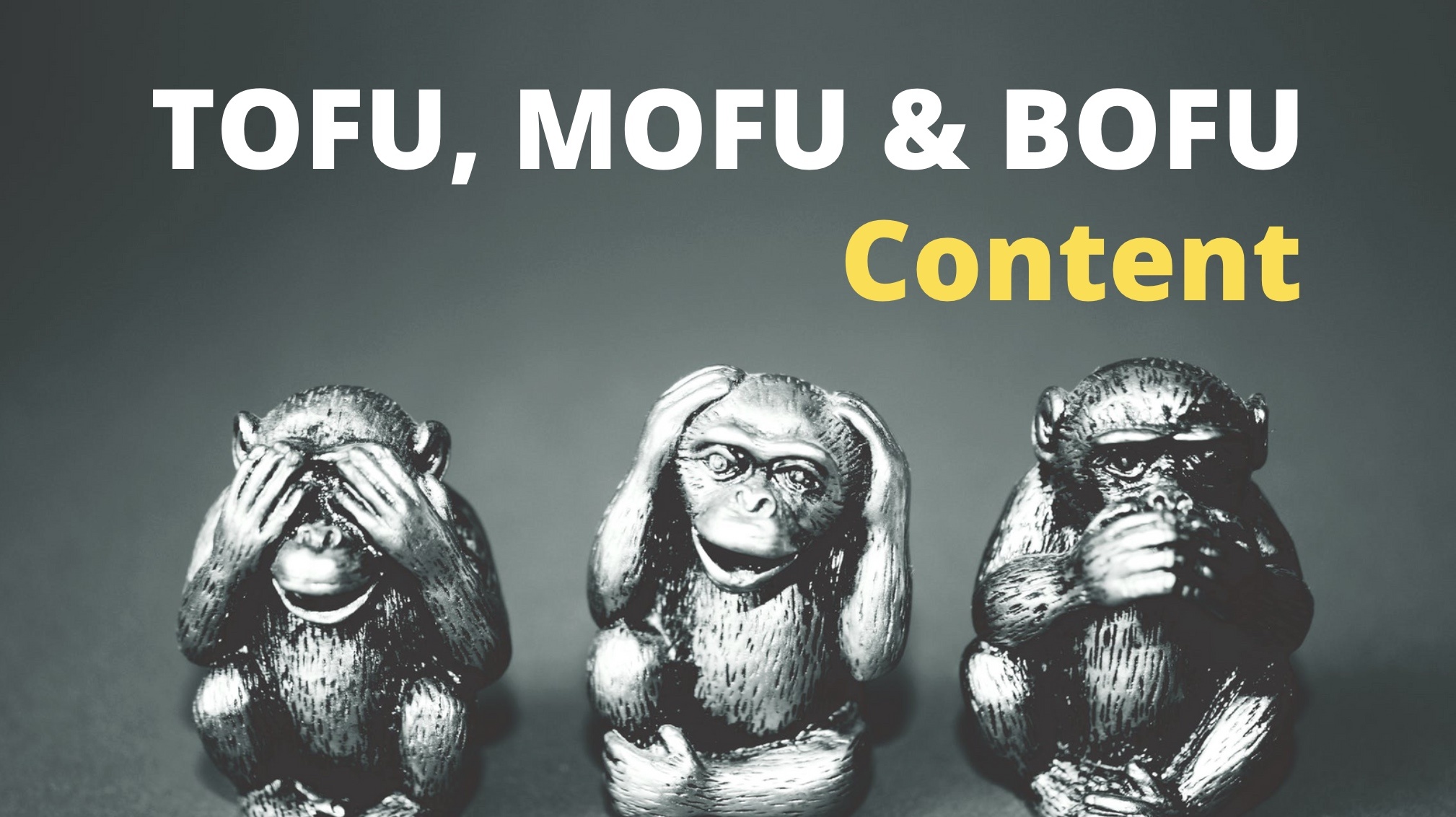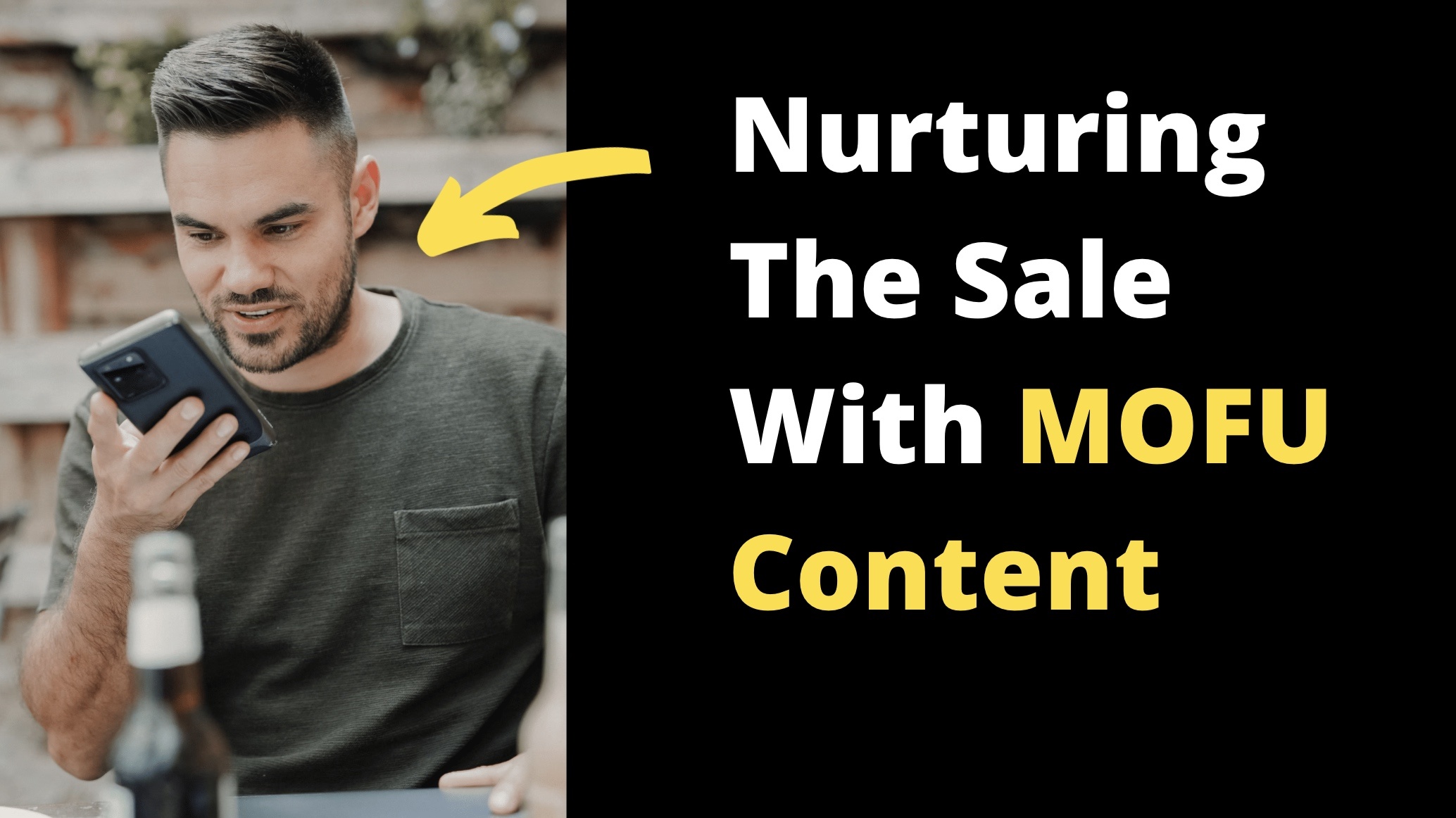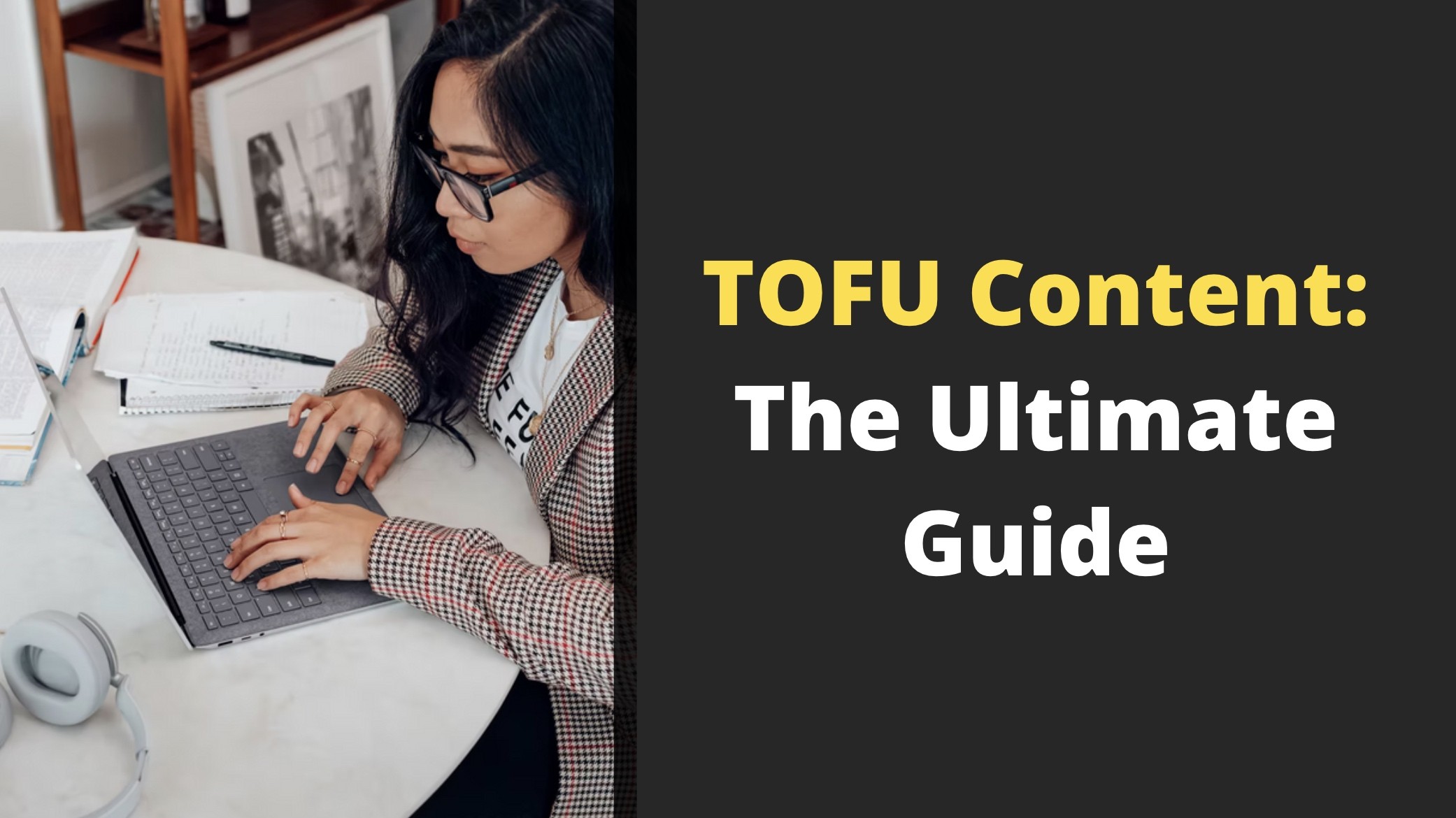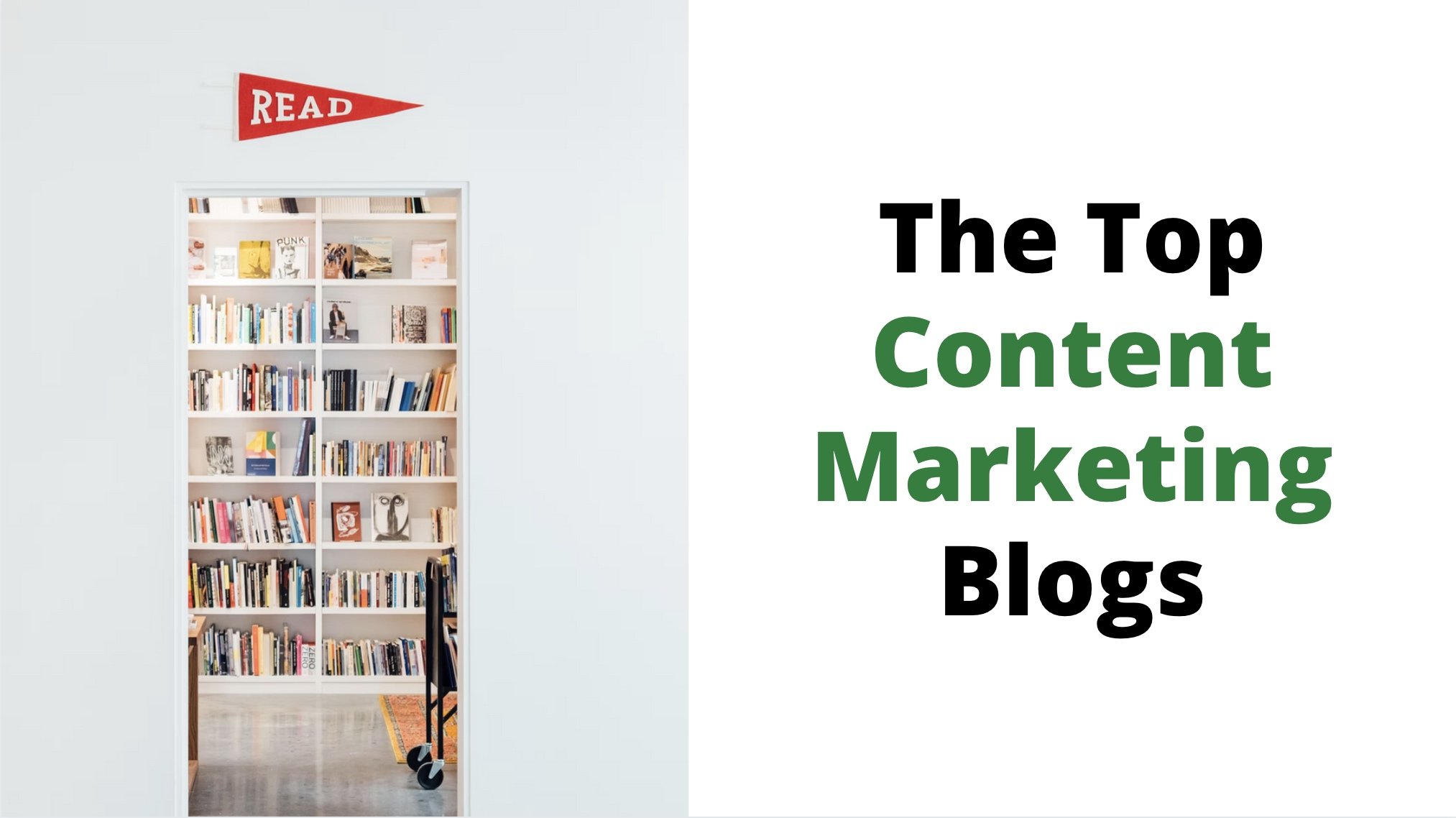12 Critical Copywriting Questions To Answer For Maximum Conversions
February 1, 2019 | Sean Foo
Behind every strong sales copy that converts is an effective copywriting questionnaire that asks the right questions.
Over the years running a copywriting agency, we have quickly developed a robust set of questions that we take every single client through before we begin writing even a single word!
An effective questionnaire has to cover 3 main areas of the client’s business:
– Their product or service and the value it brings
– The customers they intend to serve or market to
– The competition facing them
If you are a business owner – This copywriting questionnaire is also an opportunity for you to clearly define your target customer and discover if your current sales copy is strong and compelling enough.
If you decide to hire a copywriter and aren’t asked these 11 questions, your alarm bells should start going off! These 10 questions are the cornerstones of a great sales copy that hooks your reader and converts your readers into customers.
If you are a copywriter – Your client discovery phase absolutely requires the 11 questions I am about to reveal. Every business you are writing for is unique with a different set of challenge you need to address.
Getting your client to answer the following questions helps give you the material to help bridge the value and benefits of the product to the needs and desires of their customers.
Normally I start out my client discovery phase with these set of questions and build upon them when I go into the specifics.
You can choose to use it stand-alone just as it is or adapt it to your unique client situation.
This copywriting questionnaire is universal to every business and can be molded and shaped to fit any business situation.
Question 1 – What Is The Main Purpose Of Your Sales Copy?

The intent is everything and it will shape the nature, tone and persuasive level of the sales copy.
If you are writing sales copy to gather subscribers for an email list, there might be a bigger focus on creating a lead bait and immediate sign-up benefits…
While a sales copy looking for the direct online sale will have to put in substantial social proof such as testimonials and a section that thoroughly addresses customer objections.
Knowing the purpose of the sales copy helps to clearly define the scope of the work and gives you a laser focus that helps you decide on the length of the copy.
Question 2 – Who Is Your Target Market? Describe Your Perfect Customer.
This is perhaps one of the most important questions to ask yourself early on.
Your target market will not only determine the appropriate tone of voice but also the correct selection of testimonials, offers, hooks and success stories to feature.
While most writers just stop at their market demographics (age, occupation, gender, income, education status etc), as marketers we have to go further than that!
We have to create the right persona that describes your perfect customer.
We need to place ourselves in their shoes and really discover the pains and desires your prospects have within them.
What does he think and feel in this daily life?
How is his attitude in life and how does he communicate with people?
What are his hope and dreams for the future?
You might be thinking…
This seems like quite a bit of work (and it is!)
But by creating the right customer persona, you will create a highly targeted message that speaks to the right audience.
Question 3 – What Are the Primary Problems Or Challenges Customers Come To You To Solve?

Whether a customer is buying a software service or a professional massage, they are looking to solve a set of problems they are currently facing.
One of the core services I use monthly is an email marketing service (SalesHandy) that allows me to send hundreds of outreach emails every single day.
I am a customer of SalesHandy because it solved the following problems I used to face:
– Not being able to send emails unless I am physically at my computer
– The inability to customise hundreds of emails at one go
– Having to type out each email manually from scratch (even copy and paste gets tedious!)
These were some of the core problems I faced when I started to develop my email marketing platform.
While it is pretty obvious the big overall problem I wanted to solve was saving time and not wasting precious hours doing repetitive stuff…
I still needed those three specific problems to be addressed before I was convinced the product truly mattered!
Listing down your customers’ problems will not only help you get their attention down the line…
It will help you write stronger and more compelling copy when you begin listing down your product’s benefits.
Question 4 – What Specific Results Do You Provide For Your Customers?
Which sounds better & more convincing?
‘Our airline allows you to fly from Asia to Europe with daily flights all year round!’
or
‘Fly From Singapore To London, Paris and other great destinations for just $1000 with two flights every day!”
The second one of course!
When it comes to recording the results of your products, aim to showcase specific results that are tangible and quantifiable.
‘Helping over a thousand businesses’ pales in comparison to ‘Helping over 1,059 businesses’.
In fact, being specific is one of the rules in writing product descriptions that sell.
Question 5 – What Is Your Single, Most Marketable, Unique Competitive Edge?

If you’ve been to business school, this is what those professors call your ‘Unique Selling Proposition’ or USP.
Every business has to have a unique edge over your competitors.
Sometimes it is an obvious edge such as a feature in your product that just can’t be replicated.
Maybe you created an app for photographers that allow their pictures to be immediately sold online to customers while your competitors only allow the pictures to be listed.
That is definitely an obvious USP.
However sometimes discovering your competitive edge must be harder and non-obvious and requires you to do a little digging.
Perhaps you have a unique story to tell about how you started your business and the lives you’ve changed along the way…
Or it could be your service is niched down to the point you are an expert in a particular industry while your competitors are serving everyone and isn’t a specialist like you are.
Finding your USP in a crowded competitive landscape is key to getting your message out there and getting the attention your business deserves.
Question 6 – What Are The 6 Biggest Benefits & Features Of Your Product?
People mainly buy on emotions and use logic to justify the purchase.
Similarly, when a prospect starts reading your sales copy, it is the benefits that get him interested and hooked while the features help convince he is getting something of value.
Here is a great step-by-step process to document and extract them that I use myself:
1. Document every feature of the product
2. Ask yourself why each feature is included in the first place
3. How does this feature connect with your prospect’s desires or solve their problem?
4. Why does your prospect want that benefit? What is the real emotional reason?
Features and benefits are the cornerstones of every great sales copy and sufficient time has to be dedicated to this process of discovering them.
This information can then be used to craft compelling product descriptions that help convince your reader to become a paying customer.
Question 7 – Which Part Of Your Sales Pitch Have Been Most Effective In Closing Your Prospects?

Sometimes the best discoveries of what makes your customers tick happen when you meet them face to face.
I remembered early on when I was selling content marketing services.
The best part of my sales pitch came when I was discussing engagement results and social shares of the articles.
I focused more on that aspect and expanded upon it in every subsequent sales pitch and saw my closing rate jump by almost 25%.
Nothing else changed!
Ask yourself which information, when shared with the client, suddenly made closing the deal that much easier?
And then focus on it and expand upon that topic in the sales copy.
Question 8 – What Are The Most Commonly Asked Questions About Your Product?
The gap between something free to a paid product is huge and this causes your customers to have questions swirling in in their mind before deciding to buy a product.
Sometimes if you are lucky in your sales call, you might get your prospects asking questions about your product or service.
While the questions can vary, what you need to look out for are questions that overlap.
These are questions that you keep hearing over and over again from different customers.
When writing sales copy, this is a golden opportunity to not only answer these common set of questions but to do so pre-emptively.
If you are selling an online software and your customers constantly ask about the responsiveness of your customer service…
You know that is one question you have to address within your sales copy!
Question 9 – What Are the Top Misconceptions About Your Offerings That Your Customers have?

Let’s face it, you are probably not the only business around selling your particular product or service.
Chances are you have competitors and I bet your prospects have been shopping around for quite a bit before they stumbled onto your website.
Every prospect walks around with some idea in his head about what ‘businesses like yours sell’.
While most people have some sort of emotional baggage that affects their future decisions in relationships…
Your customers have what I call shopping baggage that affects their decisions in buying your product.
This happens for a variety of reasons:
– Perhaps they were burned by a business similar to yours who provided a poor service.
– Maybe their friends and family have filled their brains with misleading information.
Whatever the reason is, you now to have address it if you want to separate your business from the pack and close that sale.
A great example is in the self-help and business coaching realm.
Gary Vaynerchuk clearly knows the space of business coaching is littered with people’s whose whole business is about teaching you how to start a business.
Weird huh?
Gary clearly distances himself and his personal brand by clearing stating that he created a proper business first by selling wine than starting out as a 20-year old life coach.
You need to do the same.
Think about how people are stereotyping your business or service and seek to break the mold to stand out!
Question 10 – Who Are Your Biggest Competitors & What Do You Do Better Than Them?
Sun Tzu had an incredible quote I have to share:
“If you know the enemy and know yourself, you need not fear the result of a hundred battles.”
There are times your competitor is offering something essential that you must also seek to provide. Every business out there has at least 5 to 10 direct competitors that are better than you in some way or another.
But the wisdom in asking yourself this question lies in understanding why people are buying from them.
As well as noting down what their customers wished could be improved as well as why past customers have left them.
There are a variety of ways you can do effectively do ‘spy work’, some favorite ones of mine include:
– Checking out their testimonials and feedback on their website and Google Reviews.
– Buy their product itself to discover it’s quality and to benchmark it against your own.
– Checking out their sales copy both on their website as well as paid advertising (Facebook Ads to Adwords).
– Checking out how they market themselves in forums and sites like Reddit and Quora (This can lead to powerful discoveries as the style of communication is more direct and to the point).
By doing some detective work, you will begin to understand the features of your products that are superior and the ones that are inferior.
Your task is simple: play up the features that are better.
You can even follow Vocus’s example (an email marketing service) that created a chart that highlighted all their strengths and the weakness of their biggest competitor, Yesware.

Question 11 – Do You Offer Any Guarantees, Bonuses or Special Offers?
A key aspect of sales copywriting is to reduce the perceived risk of the purchase for your customer.
One of the best ways is to decide if you are going to offer any form of guarantee or bonus to close the deal.
A Guarantee Is Great: For physical products that can be easily returned but devalues your brand if you are offering a customized service.
A Bonus Works: For both services and products but isn’t as convincing as a money-back guarantee and could lead to higher costs.
Question 12- Do You Have Any Testimonials Or Success Stories You Can Share?

Testimonials are perhaps the best social proof that helps build trust and credibility with your prospects.
However, it must be done right.
You need testimonials that not only feature quantifiable benefits but also follow a proven sequence that address:
A. The customer’s existing problems before using the product.
B. What made them decide to give your product a try.
C. The spectacular results from using your solution and how it made their lives better.
Knowing how to obtain and use these testimonials can provide strong social proofs and affirmations of your product.
Closing Thoughts
Every good chef knows that the success of their dish is dependent on the quality of their ingredients and the same works for copywriting.
The strength of your sales copy begins with your copywriting questionnaire.
Answering these 12 questions well will help to maximize the effectiveness of your sales copy and deliver the conversions you deserve!




